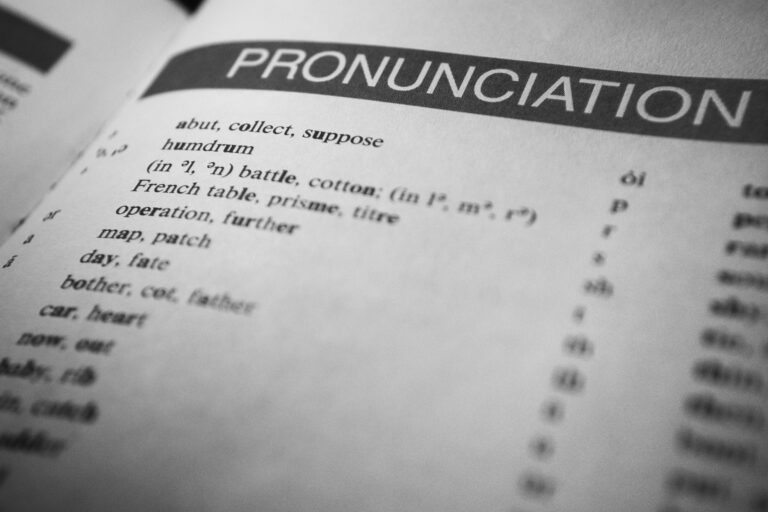Getting to Know Your International Students
Christina Page
Educational Consultant, Diversity and Inclusion: Teaching and Learning Commons
“No culture has ever developed all human potentialities; it has always selected certain capacities, mental and emotional and moral, and shifted others. Each culture is a system of values which may well complement the values in another” — Ruth Benedict
As educators, we are often asked to define our teaching philosophies. Usually we include beliefs and practices that shape the unique educators that we are becoming. How might we think about these philosophies and practices if we considered the fact that our views on education are deeply shaped by cultural values – many of which we may not even be completely aware of?
I was jolted into considering my own culturally-based educational practices several years ago. Before coming to KPU, I worked on a team of educators in Southeast Asia. As we worked together, I soon learned that we had been shaped by vastly different approaches to teaching and learning. To work together on common projects, we had to dive deeper into our educational philosophies: What does it mean to teach and learn well? And how are our ideas about education shaped by our cultural environments?
As I brought the knowledge I gained in Southeast Asia to KPU, I began to wonder how to support students and faculty in understanding how cultural differences in education impact students’ transition to KPU. As a Learning Strategist, I have focused conversations with students from across KPU about their learning processes and experiences as they learn the academic cultures of their disciplines. One thing I have often heard from internationally-educated students is that the learning environments at KPU are unexpectedly different than their former high schools and universities.
At the same time, I met many faculty who were deeply concerned that their students were not succeeding in their new learning environment. Despite their efforts explaining requirements, many students struggled to meet the basic expectations of their assignment or course. Several faculty members shared that this challenged their confidence as instructors, and that their passion was being replaced by frustration. What was happening? Were students coming to KPU that were underprepared for success?
As I heard from students and faculty, and considered what I heard in light of my own experiences encountering culturally diverse educational philosophies, I wondered if the challenges of students and faculty in fact had the same cause. We experience gaps in our understanding because of different expectations about how post-secondary education works, based on the way we are shaped by experiences in our own cultural contexts.
Consider how you might respond to the following questions: What is the role of an instructor in a post-secondary classroom? Do students show respect for the instructor by focusing on listening and reflecting, or by questioning and participating in critical discussion? Should students focus on learning foundational principles and memorizing correct answers, or should their learning be focused on evaluating information and creating original work, even in the first year of post-secondary education? Our cultural contexts and life experiences deeply shape our answersto these questions.
Often, our first instinct is to answer these questions based on our own experiences – after all, it is only natural to assume that our experiences are common or shared. How do we begin to understand the experience of education in a culture quite different from our own? My work in this area has been informed by my own cross-cultural experience, but most importantly, by the generosity and willingness of KPU students to share their experiences with me.
The international students I’ve come to know at KPU have varied experiences. Some come here directly from secondary school, while others come having already completed a bachelor’s degree. Others are in their transition to a second career, bringing their previous professional experience with them. Many express their appreciation for the support they receive from their instructors. A common theme shared by most students, however, is that the transition to learning at KPU comes with a steep learning curve as they navigate an educational environment with vastly different norms and procedures than the ones they had previously experienced. Challenges often experienced by students include:
- Adjusting to a system where they are largely accountable for setting their independent study schedule outside of class, rather than attending class for full days more regularly.
- Completing multiple assignments, tests, and exams during a course, rather than working towards one final exam.
- Writing research papers. For many students, study at KPU brings with it their first experience of library research.
- Understanding and applying the principles of a citation style.
KPU students have been some of my best teachers in understanding the international experience, and what I can do to support their success. I am grateful for the student leaders who have been willing to share with me, and even more grateful that many of these students are participating in a project to share their experiences with the wider KPU educators’ community. These students are participating in a project called Getting to Know Your International Students, and are sharing their knowledge in the following ways:
- Through a series of videos that will be available to the KPU community later this spring.
- By contributing their knowledge to workshops for KPU educators.
Consider this post as an invitation to join me in the journey of Getting to Know Your International Students. If you have five minutes to invest, watch the videos for a small taste of what you can experience in the workshop.
Transitions and Surprises
Differences in Assignments and Plagiarism
If you’re ready to dive deeper, please join me for an online learning experience.
Spring 2019 Workshop Offerings:
February 22, 1:30-2:30 PM (Online)
February 27, 1:00-2:00 PM (Online)
Register here: http://www.kpu.ca/getting-know-your-international-student-registration-form
Christina supports faculty in their journey of understanding and enriching learning for culturally diverse students, while aiming to facilitate a more joyful intercultural teaching experience. In addition to her work in the Teaching and Learning Commons, her KPU Learning Strategist role allows her to see the learning process from the student side and to integrate her understanding of both faculty and student perspectives. Her educational background includes applied linguistics and educational studies, and her roles have included ESL instructor, literacy consultant, researcher, and adult educator in both Canadian and international contexts. Christina facilitates workshops, connects faculty with relevant resources, and is available for individual consultations.




